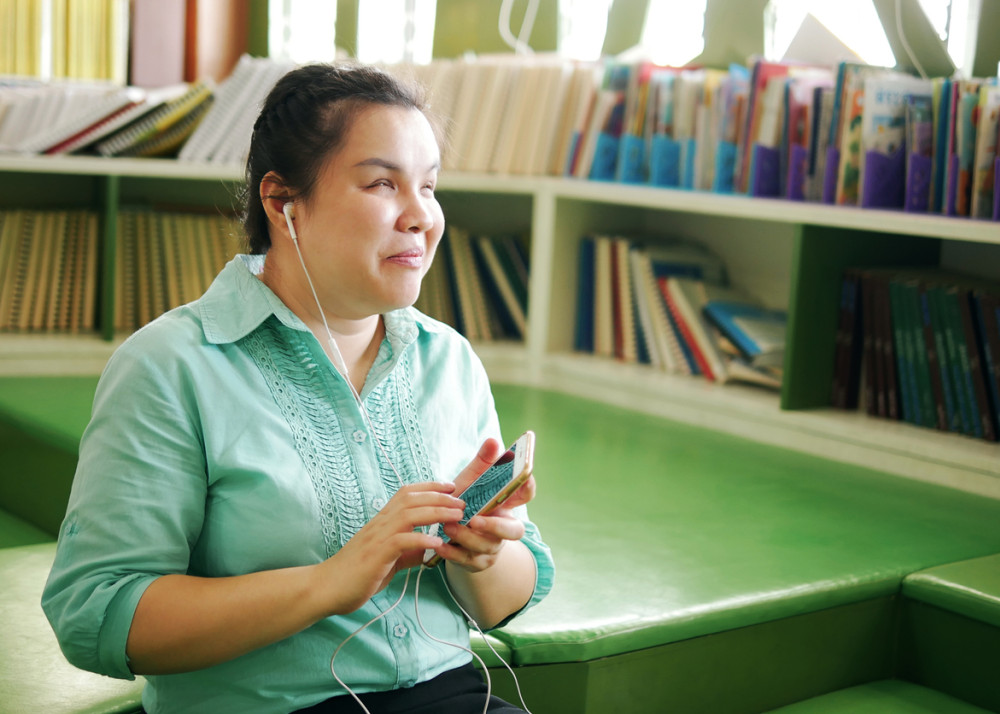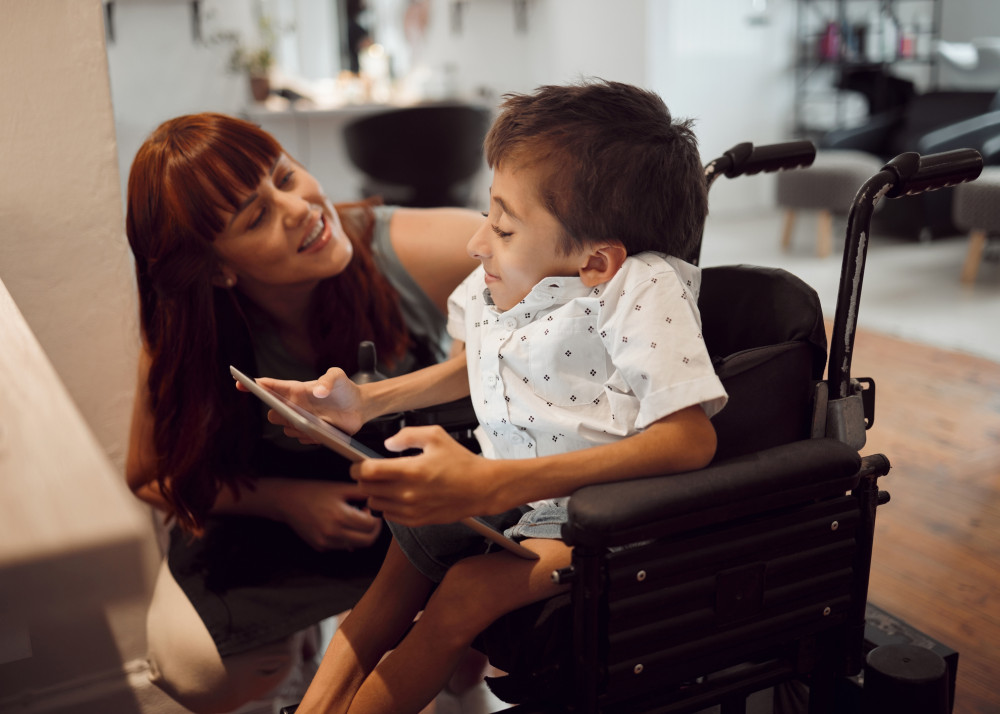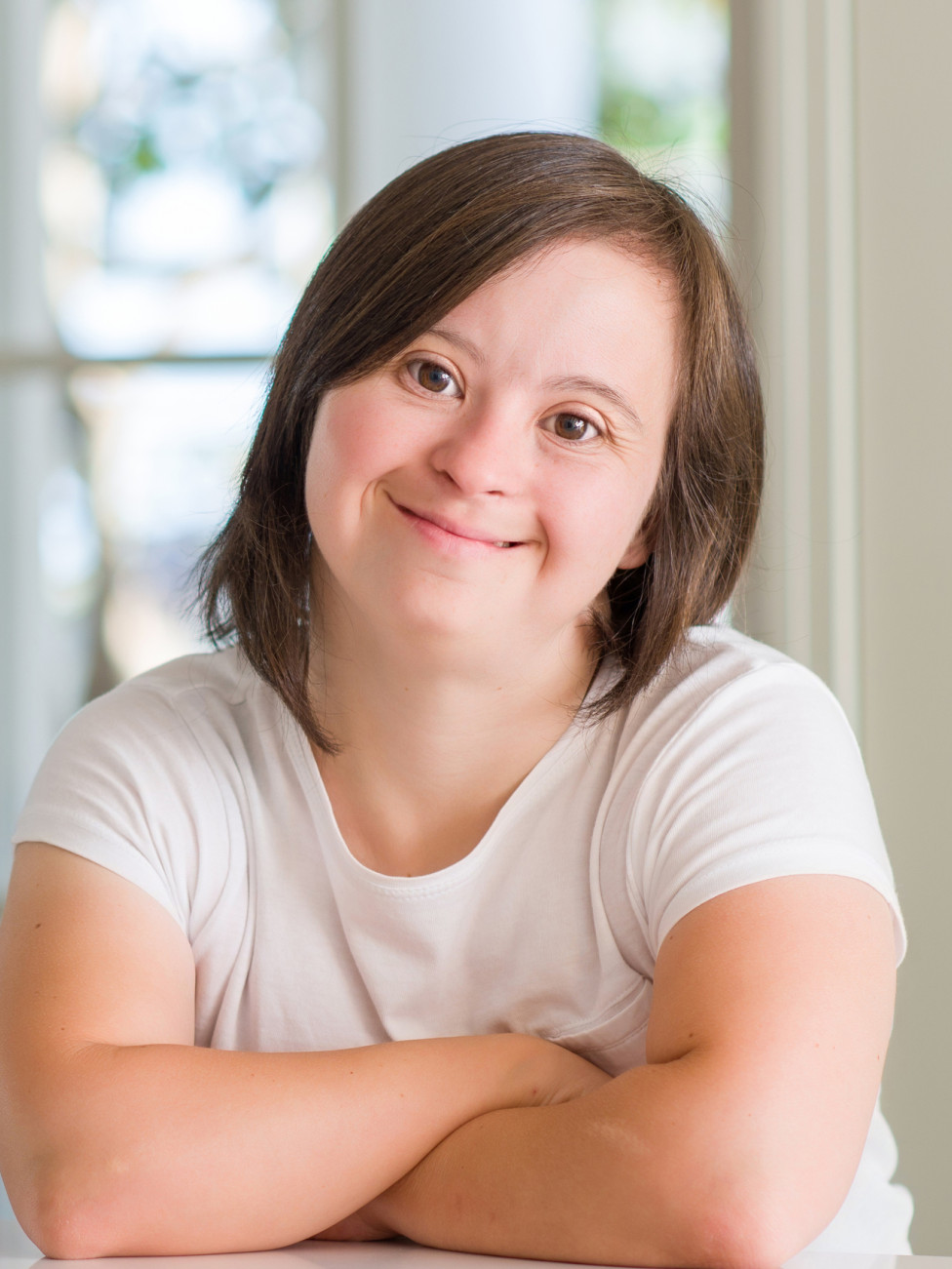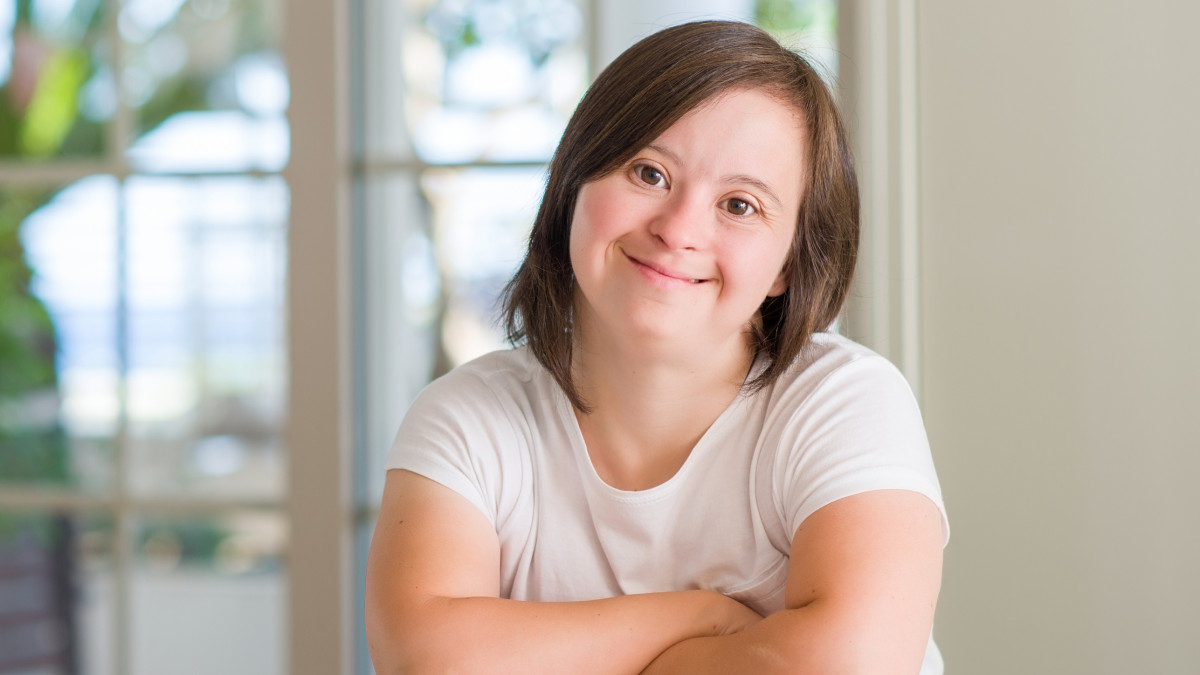Your Guide to Acquired Brain Injuries
18 March, 2022
For Brain Awareness Week 2022, Focus Care is raising awareness of acquired brain injuries. View our comprehensive guide to learn what they are, and how we can offer support.
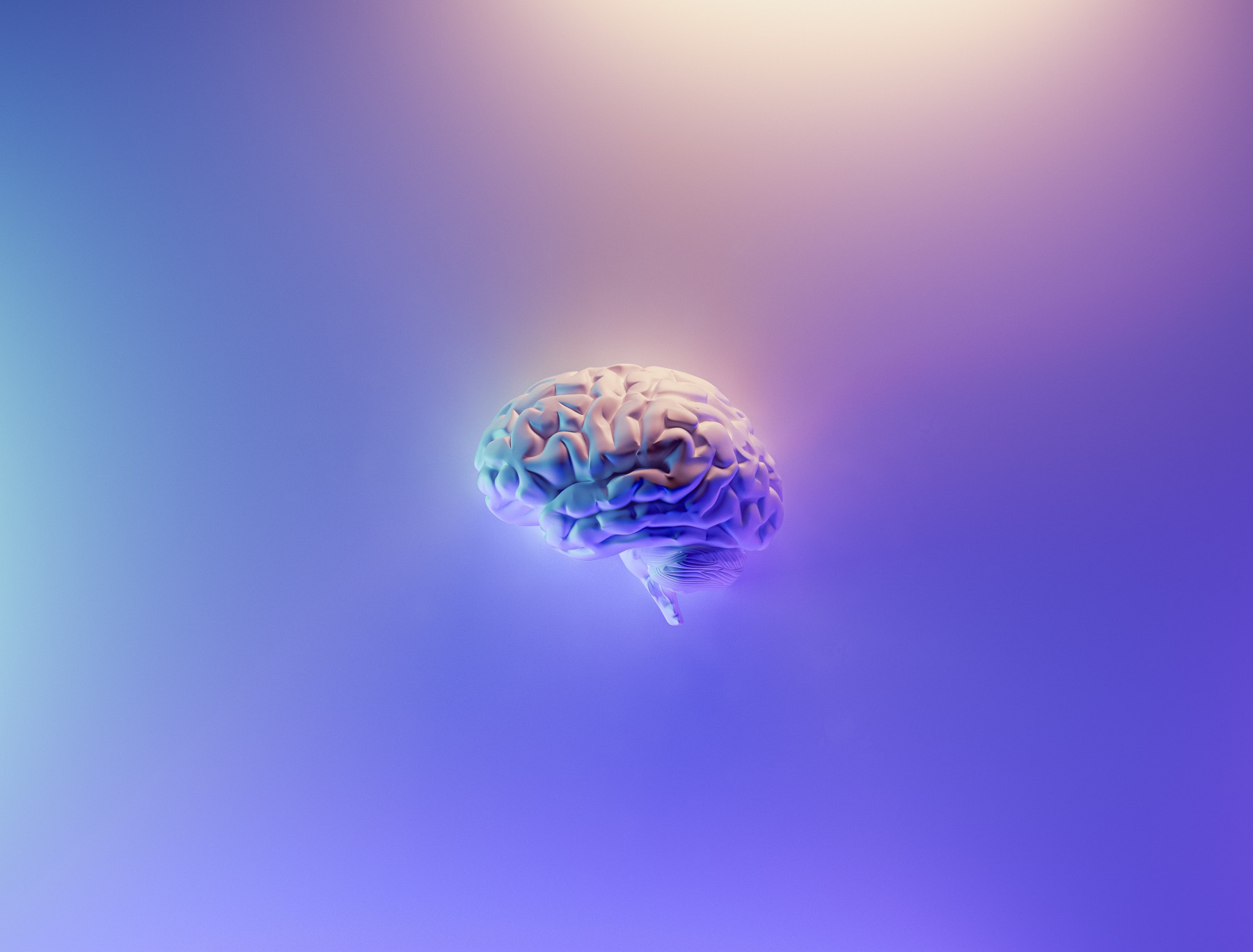
It's Brain Awareness Week, and we are taking the opportunity to raise awareness of acquired brain injuries - a disability that many of our client live with. At Focus Care, we understand that acquiring a brain injury can be very challenging for yourself or a loved one. We offer the direct support that you need to live life on your own terms. Our aim is to empower you and support your independence.
What is an acquired brain injury?
An acquired brain injury refers to any type of brain damage that occurs after birth. Causes of ABI include disease, traumatic brain injury, alcohol and drug use, or oxygen deprivation.
Different types of acquired brain injuries include:
Closed – This type of brain injury frequently occurs as a result of the rapid movement of the brain inside the cranial cavity and is marked by the bruising and/or tearing of blood vessels and tissues. More specifically, a closed brain injury is one in which the injuries are completely internal and do not penetrate the skull bone. Falls, car accidents, or any incident involving excessive shaking often causes closed brain injuries.
Penetrating or Open – A penetrating brain injury, also called an open brain injury, is characterized by a break in the skull bone. Bullet wounds are a primary example of a penetrating brain injury.
Diffuse Axonal – Commonly referred to as DAI, this type of injury involves the tearing of nerve fibres caused by the shifting and rotating of the brain inside the skull. DAI often causes injury to multiple areas of the brain and coma.
Primary – This type of brain injury refers to one that is sudden but complete, meaning the injury is non-progressive. Examples of primary brain injuries include those sustained as a result of gunshot wounds, car accidents, and falls.
Secondary – Unlike primary brain injuries, secondary brain injuries are those that continue to evolve or progress after the injury is sustained. These continued changes – which can be cellular, chemical, tissue, and/or blood-related –contribute to further brain damage.
For more information, this website goes in depth as to what an acquired brain injury is.
What are some statistics on acquired brain injuries?
The Australian Bureau of Statistics (ABS) estimates that the Australian population amounts to just under 19 million people. Of those 19 million Australians, the 1998 ABS study on Disability, Ageing and Carers estimated that there were 3.6 million people with a disability (19% of the total population).
This figure can be compared with the AIHW estimate of 328,000 people with in intellectual disability (1.86% Australians). Of these people 178,000 people required daily assistance.
Click here for a number of additional easy-to-read resources on acquired brain injuries.
What are the symptoms of ABIs?
ABI can affect people in many different ways. Some people have physical effects, including:
weakness, shaking, stiffness or poor balance
tiredness
changes in sleep patterns
seizures or fits
headaches
changes in vision, smell or touch
Some people experience changes in their thinking or learning abilities, including:
problems with memory
problems with concentration or attention
difficulty with planning or organisation
confusion
difficulty with communication, such as having a conversation
Some people have problems with managing their behaviour or emotions, including:
mood swings
being irritable or feeling on edge
changes in personality
You can talk to your doctor if any of these problems affect you or someone you know. If there is an emergency, call Triple Zero (000).
How can I treat an ABI?
The vast majority of those who suffer from ABI require some kind of medical treatment. ABI treatment and rehabilitation generally has two goals with regard to the patient: to maximize cognitive functioning and to improve overall quality of life. Treatment and rehabilitation for acquired brain injury victims depends on various factors including the type of injury and its severity as well as patient health and family/community support. ABI treatment and rehabilitation programs are individualized based on a thorough assessment of these factors, but may include any of the following:
Physical care – such as nutritional and medication needs
Pain management – medication and other methods for alleviating the pain associated with ABI
Psychological care – includes the administration of various tests to identify any behavioural and/or emotional problems as well as necessary counselling
Self-care skills – such as bathing, grooming, and feeding
Communication skills – speech therapy and alternative modes of communication
Mobility skills – may include wheelchair use or walking device
Socialization skills – focuses on interactions with family and community
Cognitive skills – to enhance memory, problem solving, concentration, and other areas of cognitive functioning affected by the injury
Vocational skills – work-related training
Family support – includes patient/family education and training on the numerous issues relevant to living with ABI
Which allied health services can help a person with an acquired brain injury?
There are a number of allied health services that can help a person with an acquired brain injury. Physiotherapists, occupational therapists, speech pathologists, and exercise physiologists are all examples.
Am I eligible for NDIS support with an ABI?
There are certain eligibility requirements you must meet in order to qualify for the NDIS. Specifically, you are deemed as eligible for the NDIS if you:
are under 65 years old when you make your application
are an Australian resident, permanent visa holder or Australian Citizen
and, meet the disability or early intervention requirements.
For those aged 65 years and over it is the case that in most situations you will be ineligible for the NDIS and will receive support through the federal government’s aged care system.
How can Focus Care help?
Focus Care is a leading provider of disability home care services and in-home aged are, offering support through the NDIS, Home Care Packages, and privately. We take the time to get to know each client individually, their family, their lifestyle, and their needs. We work with your strengths to provide support, tailored to your preferences.
Disability home care services for Acquired Brain Injuries
ABIs present themselves different for each individual. Focus Care's wide range of disability support services can help support many of the symptoms of ABIs, including:
Social support to assist with communication and socialisation skills
Physiotherapy, Occupational Therapy and Exercise Physiology to assist with mobility
Medication management to administer pain medication
Transport to get to and from appointments
Shopping, meal preparation and cleaning, which can be challenging activities for someone living with an ABI
Personal care for people whose Acquired Brain Injury makes managing hygene challenging
Creative therapies such as Art Therapy and Pet Therapy, which can improve emotional connectivity and cognition
As specialists in the Montessori Method, we can assist with memory recall and cognitive decline.
Focus Care offers these services through NDIS, Home Care Packages or privately to people living in Sydney, Melbourne, the Sunshine Coast, Newcastle Hunter region and Armidale. If you or a loved one are looking for support for an acquired brain injury, contact us today to see how we can help.
